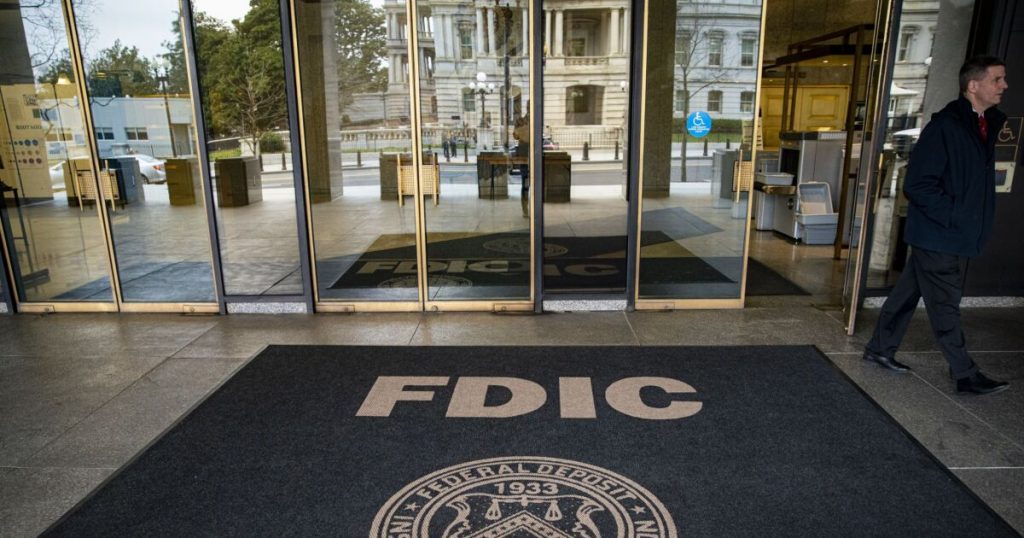Al Drago/Bloomberg
“That makes me smart,” said then-candidate Donald Trump to the accusation he hadn’t paid
The truth that Trump revealed was that the system, as assembled by Washington legislators and bureaucrats, was what ultimately regulates market behavior. With its many restrictions are intermingled select advantages, and we should all take heed that these will be exploited to maximum effect.
This truism is best exemplified through yet another proposal in Congress to expand federal deposit insurance. Dubbed the Main Street Depositor Protection Act, it would
Deposit insurance was designed to protect ordinary consumers from losing their savings if a bank fails, not shield eight-figure corporate accounts or speculative depositors from the consequences of their own decisions. Expanding loss coverage 3900% skews the traditional calculus that incentivizes the avoidance of excessive risk. The end result will be a weaker and less secure banking system.
When the government guarantees every deposit, risk fails to cast an appropriate shadow. Near-blanket protection encourages banks in a competitive environment to stretch for the highest yield, disregard previously unacceptable levels of risk, and leave it for Washington (i.e., taxpayers) to clean up. Future failures will be yet another rerun of 2008 by a system designed to privatize profits while socializing losses.
Taxpayers are told not to worry because the FDIC’s fund will cover the losses. But that money ultimately comes from bank customers in the form of higher fees, lower returns and fewer loans. Ultimately, the financial burden falls on those who deposit insurance was designed to safeguard.
The $10 million limit will demand higher premiums from member banks, but even now the current system is stretched thin. The FDIC has had to raise its premiums to refill the insurance fund after recent bank failures. Now, lawmakers want to multiply that risk by expanding coverage to multimillion-dollar business accounts. This isn’t reform. It’s a quiet bailout waiting to happen.
Supporters like to claim this is about fairness for community banks. But most small banks don’t ask for this and don’t need it. They diligently manage deposits responsibly and maintain close relationships with their customers. The real pressure is coming from certain larger midsize and regional institutions, which know they’ll benefit most from unlimited protection and from shifting risk off their books.
A better plan is to let markets work, including holding banks and depositors accountable for the risks they choose. It means an end to recognizing that every layer of government “protection” comes at the cost of personal responsibility and economic freedom. When deposit insurance becomes limitless, so does recklessness.
The moral hazard is obvious. Insuring every poor choice only encourages more of them. And if the federal government stands ready to backstop every deposit in America, we no longer have a private banking system but a taxpayer-backed bureaucracy masquerading as one.
Lawmakers should remember that the strength of our financial system doesn’t come from how many accounts are insured. It comes from how many people still believe risk and reward mean something. Every time we socialize losses, we undermine faith that long-embraced principles of market capitalism can work for everyone, and not just the very wealthy and politically connected. Over 99% of current accounts are covered by the current FDIC limit; expanding that to bail out billionaires is not the way to strengthen our banking system.
As Congress debates this issue, let’s hope enough voices make the convincing case that this isn’t reform but a moral hazard being written into law. As Trump has proven, investors will smartly use any advantage at their disposal. Let’s hope that leaders in Congress are even smarter and tank this dangerous proposal for good.

